In
News
 A warm welcome to our new fellow Elisabeth Leake who joins global dis:connect in early July.
Elisabeth Leake is the Lee E. Dirks Chair in Diplomatic History at the Fletcher School of Law and Diplomacy, Tufts University. She works on decolonisation, the global Cold War and histories of South Asia.
Her project at gd:c, Decolonization’s Discontents: Dissent and Opposition in the Aftermath of Independence, explores the development of different modes of opposition in the aftermath of political independence.
Continue Reading
A warm welcome to our new fellow Elisabeth Leake who joins global dis:connect in early July.
Elisabeth Leake is the Lee E. Dirks Chair in Diplomatic History at the Fletcher School of Law and Diplomacy, Tufts University. She works on decolonisation, the global Cold War and histories of South Asia.
Her project at gd:c, Decolonization’s Discontents: Dissent and Opposition in the Aftermath of Independence, explores the development of different modes of opposition in the aftermath of political independence.
Continue Reading
Elisabeth Leake joins global dis:connect
 A warm welcome to our new fellow Elisabeth Leake who joins global dis:connect in early July.
Elisabeth Leake is the Lee E. Dirks Chair in Diplomatic History at the Fletcher School of Law and Diplomacy, Tufts University. She works on decolonisation, the global Cold War and histories of South Asia.
Her project at gd:c, Decolonization’s Discontents: Dissent and Opposition in the Aftermath of Independence, explores the development of different modes of opposition in the aftermath of political independence.
Continue Reading
A warm welcome to our new fellow Elisabeth Leake who joins global dis:connect in early July.
Elisabeth Leake is the Lee E. Dirks Chair in Diplomatic History at the Fletcher School of Law and Diplomacy, Tufts University. She works on decolonisation, the global Cold War and histories of South Asia.
Her project at gd:c, Decolonization’s Discontents: Dissent and Opposition in the Aftermath of Independence, explores the development of different modes of opposition in the aftermath of political independence.
Continue Reading
4 July 2024






 In June Claiton Marcio da Silva commenced his term as a fellow at global dis:connect. Welcome.
Claiton Marcio da Silva is an associate professor of history at the Universidade Federal da Fronteira Sul (UFFS), Brazil, with a PhD in the history of science.
At global dis:connect, Claiton Marcio Is exploring soybean production and exports as a fundamental dis:connectivity in globalisation, with a focus on political and socioenvironmental aspects.
In June Claiton Marcio da Silva commenced his term as a fellow at global dis:connect. Welcome.
Claiton Marcio da Silva is an associate professor of history at the Universidade Federal da Fronteira Sul (UFFS), Brazil, with a PhD in the history of science.
At global dis:connect, Claiton Marcio Is exploring soybean production and exports as a fundamental dis:connectivity in globalisation, with a focus on political and socioenvironmental aspects.  In early July, Shane Boyle joins global dis:connect as a new fellow. Welcome to Munich, Shane!
Shane Boyle is a senior lecturer in the School of English and Drama at Queen Mary University of London. His research focuses on logistics, Marxism, and performance history.
At global dis:connect, Shane will write a monograph on how the art world has become entangled in the planetary mine of supply chain capitalism.
In early July, Shane Boyle joins global dis:connect as a new fellow. Welcome to Munich, Shane!
Shane Boyle is a senior lecturer in the School of English and Drama at Queen Mary University of London. His research focuses on logistics, Marxism, and performance history.
At global dis:connect, Shane will write a monograph on how the art world has become entangled in the planetary mine of supply chain capitalism.  In July Philipp W. Stockhammer commenced his term as a fellow at global dis:connect. Welcome.
Philipp W. Stockhammer is a professor of prehistoric archaeology focussing on the Eastern Mediterranean at the LMU Munich and co-director of the Max Planck-Harvard Research Center for the Archaeoscience of the Ancient Mediterranean at the Max Planck Institute for Evolutionary Anthropology in Leipzig.
In his research at gd:c he focuses on the dis:connectivities. He confronts as a (pre-)historian: the transformative power of dis:connectivity in the past and the challenge of narrating the past between othering and nostrification.
In July Philipp W. Stockhammer commenced his term as a fellow at global dis:connect. Welcome.
Philipp W. Stockhammer is a professor of prehistoric archaeology focussing on the Eastern Mediterranean at the LMU Munich and co-director of the Max Planck-Harvard Research Center for the Archaeoscience of the Ancient Mediterranean at the Max Planck Institute for Evolutionary Anthropology in Leipzig.
In his research at gd:c he focuses on the dis:connectivities. He confronts as a (pre-)historian: the transformative power of dis:connectivity in the past and the challenge of narrating the past between othering and nostrification. 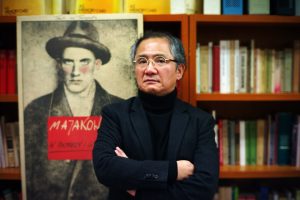 In March Jie-Hyun Lim commenced his term as a fellow at global dis:connect. Welcome.
Jie-Hyun Lim holds the CIPSH Chair of Global Easts and is a founding director of the Critical Global Studies Institute at Sogang University.
At gd:c Jie-Hyun will work on multilingual versions of victimhood nationalism as a conceptual tool to illustrate competing memories of victimhood in the postwar Vergangenheitsbewältigung across Europe and East Asia.
In March Jie-Hyun Lim commenced his term as a fellow at global dis:connect. Welcome.
Jie-Hyun Lim holds the CIPSH Chair of Global Easts and is a founding director of the Critical Global Studies Institute at Sogang University.
At gd:c Jie-Hyun will work on multilingual versions of victimhood nationalism as a conceptual tool to illustrate competing memories of victimhood in the postwar Vergangenheitsbewältigung across Europe and East Asia. 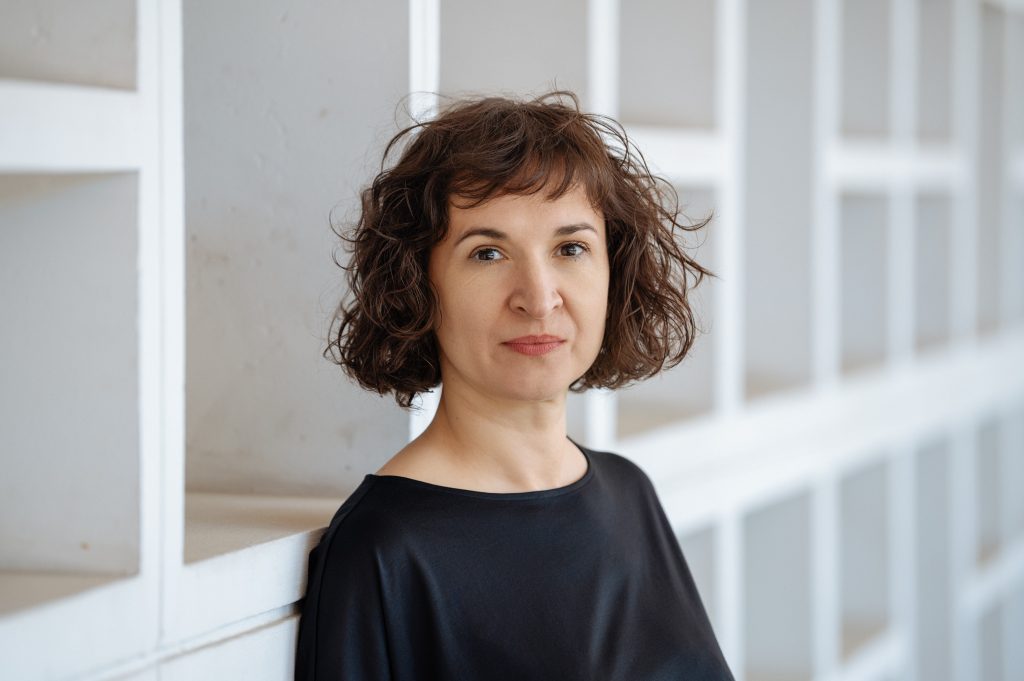
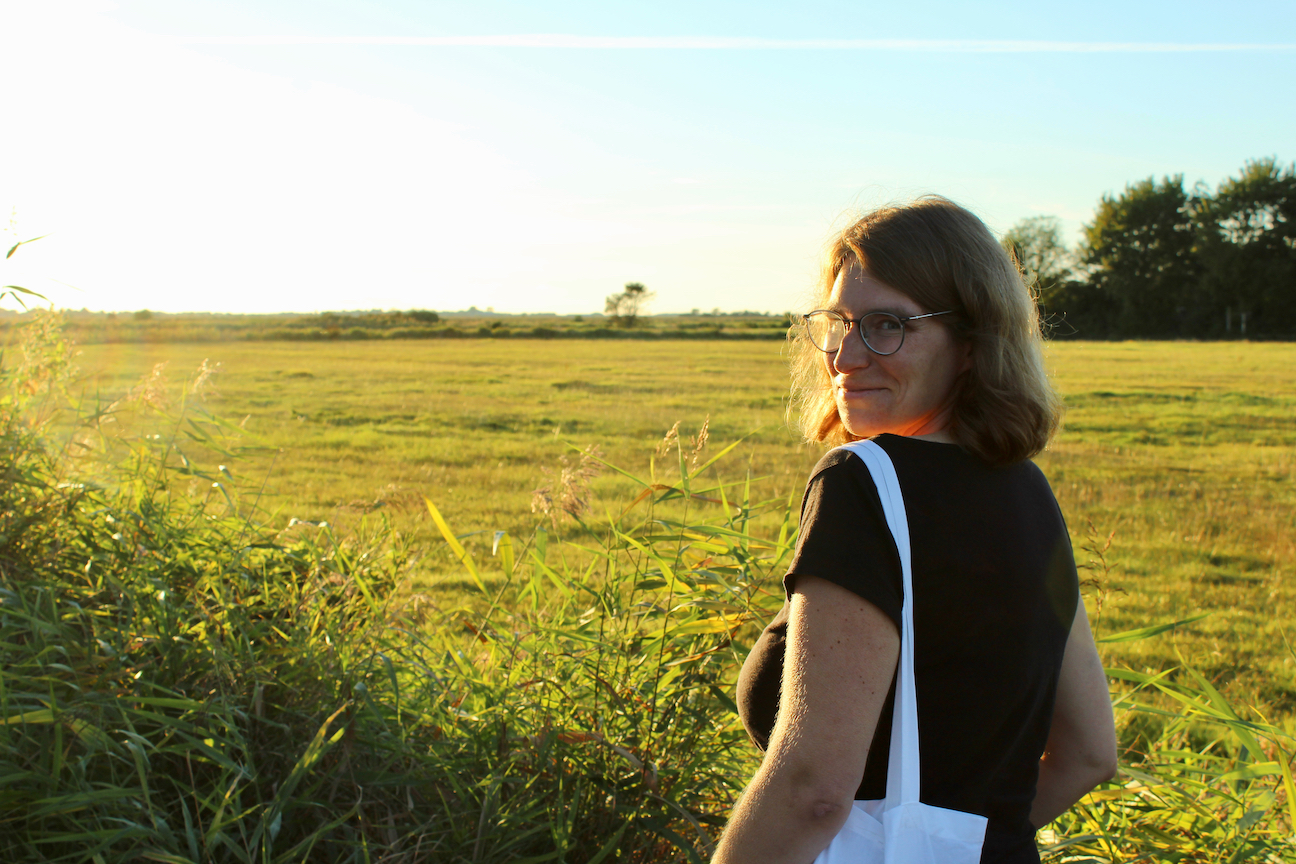
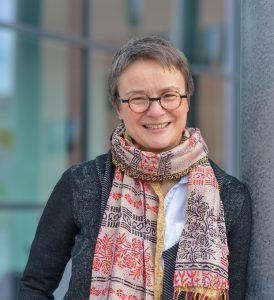 A warm welcome to our new fellow Yvonne Kleinmann who joins global dis:connect in early October.
Yvonne Kleinmann is a professor of Eastern European history and director of the Aleksander Brückner Center for Polish Studies at Halle University
Her project at gd:c, Communicating Constitutions: A Cultural and Entangled History of Poland’s Basic Orders, deals with Polish constitutional history from the 14th century to the present from the angle of cultural history and (transnational) entanglement.
A warm welcome to our new fellow Yvonne Kleinmann who joins global dis:connect in early October.
Yvonne Kleinmann is a professor of Eastern European history and director of the Aleksander Brückner Center for Polish Studies at Halle University
Her project at gd:c, Communicating Constitutions: A Cultural and Entangled History of Poland’s Basic Orders, deals with Polish constitutional history from the 14th century to the present from the angle of cultural history and (transnational) entanglement.
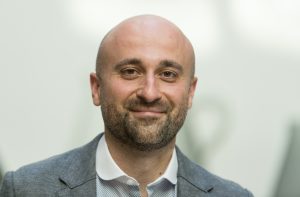 In early October, Matthias Leanza joins global dis:connect as a new fellow. Welcome to Munich, Matthias!
Matthias Leanza is a historical sociologist specialising in empires, colonialism and nation-state formation and is a senior lecturer at the University of Basel.
At global dis:connect Matthias will complete his current book project on the legacy of German colonialism. Drawing on a wide range of sources from European and African archives, the study shows how and why the German overseas empire helped consolidate the nascent German nation-state. Germany soon lost its colonies, but their effects on the country persisted, leaving a complex legacy.
In early October, Matthias Leanza joins global dis:connect as a new fellow. Welcome to Munich, Matthias!
Matthias Leanza is a historical sociologist specialising in empires, colonialism and nation-state formation and is a senior lecturer at the University of Basel.
At global dis:connect Matthias will complete his current book project on the legacy of German colonialism. Drawing on a wide range of sources from European and African archives, the study shows how and why the German overseas empire helped consolidate the nascent German nation-state. Germany soon lost its colonies, but their effects on the country persisted, leaving a complex legacy. 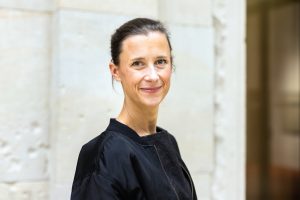 In October Valeska Huber commenced her term as a fellow at global dis:connect. Welcome.
Valeska Huber is a professor at the University of Vienna. She has led an Emmy Noether Research Group and has been a fellow at the German Historical Institute London. She is particularly interested in the mutual interdependence of opening and closure.
During her fellowship at global dis:connect, she will work on a monograph about the 20th-century dream of universal literacy, tracing the Each One Teach One method propagated by US missionary Frank C. Laubach and applied around the globe from the Philippines to Cuba and Brazil.
In October Valeska Huber commenced her term as a fellow at global dis:connect. Welcome.
Valeska Huber is a professor at the University of Vienna. She has led an Emmy Noether Research Group and has been a fellow at the German Historical Institute London. She is particularly interested in the mutual interdependence of opening and closure.
During her fellowship at global dis:connect, she will work on a monograph about the 20th-century dream of universal literacy, tracing the Each One Teach One method propagated by US missionary Frank C. Laubach and applied around the globe from the Philippines to Cuba and Brazil.